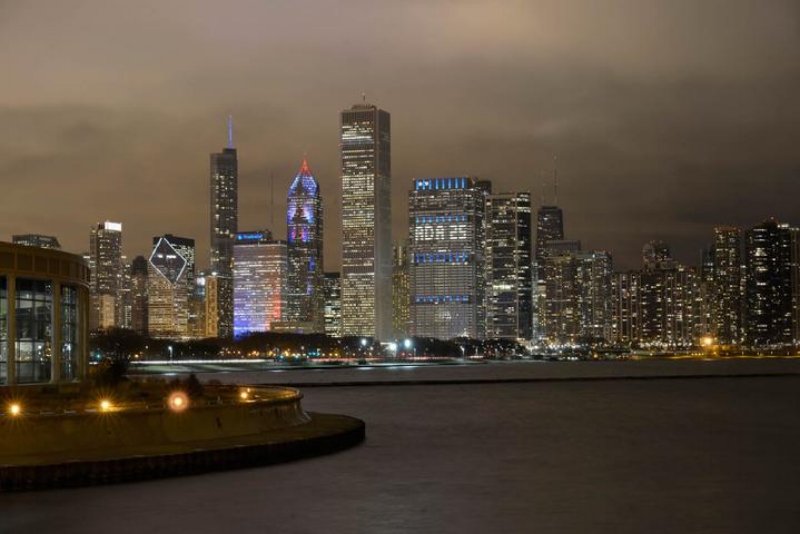The Association for Equal Access
Promoting Equal Access for Mobility-Challenged People Since 1999
Advocating for Accessibility
& Empowering Change
Our mission is to educate and advocate for accessibility by providing people with mobility disabilities—and the businesses that serve them—the knowledge, resources, and tools necessary to understand and improve compliance with the Americans with Disabilities Act. Whether you're seeking legal insights, settlement updates, government-published resources, or product recommendations designed to enhance mobility and comfort, you'll find valuable, up-to-date information at the Association for Equal Access.
Explore Our Resources
✔ Educational Blog – Stay informed with expert insights, real-world case studies, and actionable advice on ADA compliance and accessibility.
✔ Government Publications – Access official ADA guidelines, DOJ updates, and pamphlets from the Government Printing Office.
✔ Settlement Agreements – Keep up with the latest DOJ actions and resolutions that impact accessibility nationwide.
✔ Accessibility Resource Directory – Find organizations, advocacy groups, and websites dedicated to disability rights.
✔ Product Recommendations – Discover innovative mobility aids, from accessories to adaptive equipment that enhances independence.
Become a Member
Join the Association for Equal Access today and become part of a community working to improve accessibility and uphold the ADA. Membership is free—no fees, no dues, and no unwanted emails. Stay informed and contribute to creating more accessible spaces for everyone. Together, we can make a meaningful impact!
Common Accessibility Issues
PARKING
Parking areas are required to have a specific amount of spaces dedicated as handicapped accessible and van accessible. Access zones and accessible signage are required to meet ADA specifications.
ENTRANCES
The entrance of any facility is required to provide access to wheelchairs unless it has not been altered since 1992. Specifications include the width of the doorway and the height of the threshold.
WALKWAYS
If possible, areas designed to be used for walking should be at least 36 inches in width. The walkway should be clear of obstructions and free from issues with the surface that might impede a person’s ability to use it.
SEATING
Any venue that provides seating, including auditoriums, restaurants, and transportation services, is required to dedicate a portion of the facility or service to handicapped access. Most businesses understand it is very cost-effective to do so.
PARTICIPATION
Every program, service, school, institution, and business needs to incorporate the needs of the disabled to ensure they are not excluded by design. Denying participation to people because of their disabilities is not just bad business, it is also illegal.
RESTROOMS

